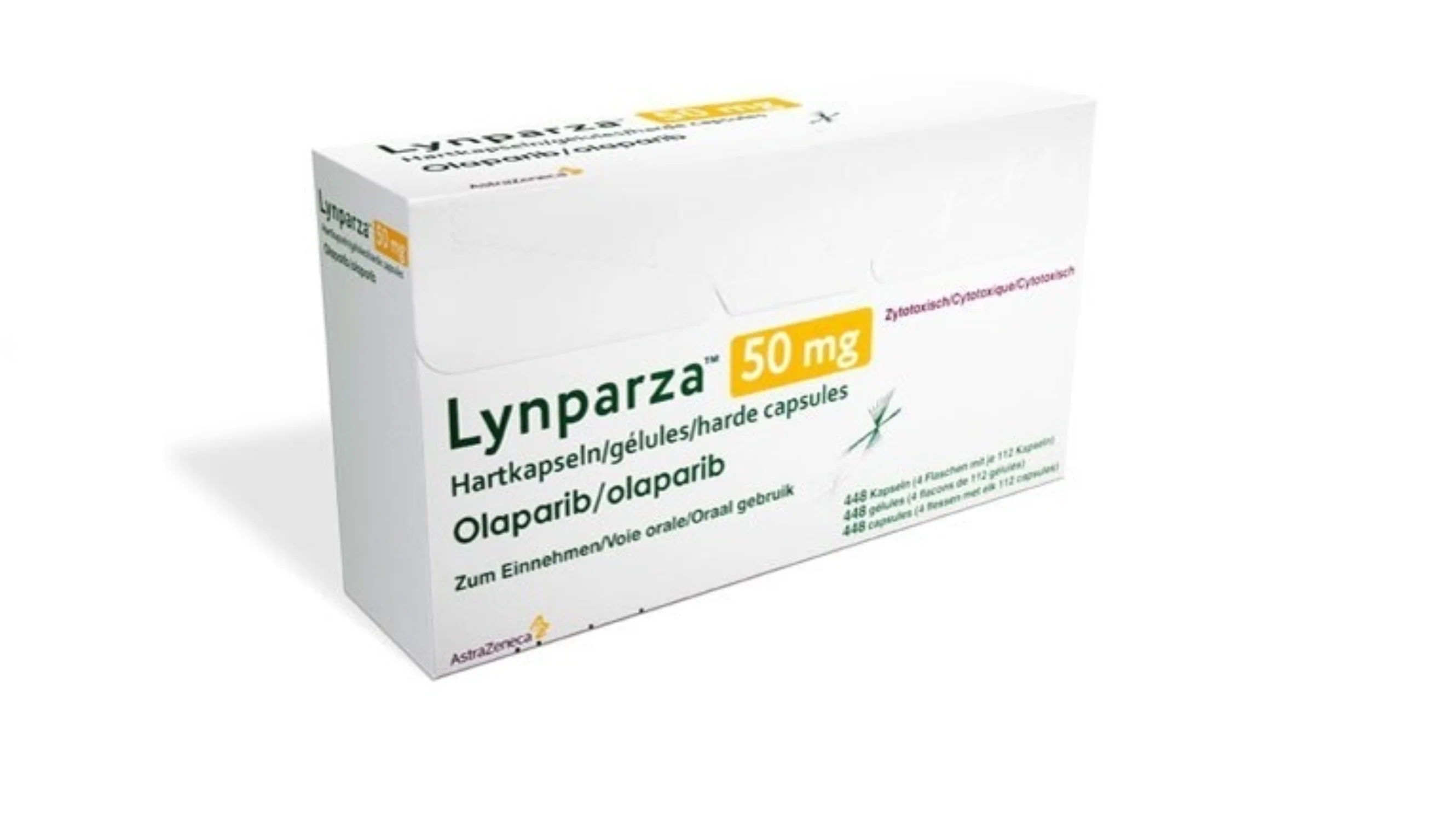History content
A long and rich history of saving lives
Since 1925, Yorkshire Cancer Research has been working with researchers, cancer experts, volunteers and supporters to save lives. The research funded by the charity's supporters is helping more people survive cancer - in Yorkshire, across the UK and around the world.
1925: A historic meeting in Leeds
Founding Yorkshire Cancer Research
On 21 May 1925, Yorkshire’s luminaries gathered at the Old Medical School in Leeds to establish the Yorkshire Council of the British Empire Cancer Campaign. The following January, the charity kick-started its first public appeal with a luncheon at the Queens Hotel. Its distinguished guests pledged £50,000 (over £2.5 million today).

1929: A breakthrough in chemotherapy
Discovering a tumour inhibitor
Dr. Isaac Berenblum discovered that mustard gas could stop cancer tumours from growing, contributing to the development of chemotherapy.

1936: Pioneering occupational cancer research
Bladder cancer in the cloth-dying industry
The charity's first female researcher, Dr. Georgiana Bonser led research into cancer-causing chemicals in the cloth-dying industry, making Leeds a hub for occupational cancer research.

1941: Supporting the war effort
Laboratory for the Blood Transfusion Service
The charity’s Leeds laboratory was gifted to the Blood Transfusion Service, with key cancer research staff joining the Emergency Medical Service.

1948: Advancing radiotherapy
New radiotherapy centre in Hull
Partnering with Hull Royal Infirmary, the charity helped create a new Radiotherapy Centre and seven supporting clinics.
This was the latest in a range of investments the charity had made in radiotherapy spanning more than 15 years, since it first supplied radium to Leeds General Infirmary in 1930.

1960: Investigating food dyes
Advising on cancer-causing chemicals
Dr. Bonser’s team investigated artificial food dyes, advising the Government on which ones caused cancer.

1970: A new identity
Yorkshire Cancer Research Campaign
The charity was renamed to Yorkshire Cancer Research Campaign, adopting a new logo and modernising its identity.

1972: The Tamoxifen revolution
A lifesaving breast cancer drug
Tamoxifen, initially a failed contraceptive, became a groundbreaking breast cancer treatment thanks to the tenacity of Dr. Craig Jordan and funding from Yorkshire Cancer Research.

1991: Breakthroughs in cancer genetics
World-leading research in York
Professors Norman Maitland and Jo Milner joined the charity, making ground breaking discoveries in prostate and cervical cancer genetics, including the role of the P53 protein in cell repair.

1992: Advancing cancer diagnosis
State-of-the-art MRI centre in Hull
With £7 million in funding, a unique Centre for Magnetic Resonance Investigations opened, enhancing cancer diagnosis and staging, particularly for breast cancer.

2004: Genetic insights in breast cancer
Discovering protective mutations
Professor Angie Cox identified a chromosome mutation that reduces breast cancer risk, providing the first proof that small genetic changes can affect cancer susceptibility.

2005: Transforming bowel cancer surgery
Impactful surgical techniques
Professor Phil Quirke’s team published a study that revolutionised bowel cancer surgery, leading to global master classes and significantly improving survival rates.

2014: A revolutionary cancer drug
Lynparza: a world-first
Research led to the approval of Lynparza, a PARP inhibitor for advanced ovarian cancer, later extended to breast, prostate, and pancreatic cancers.

2022: Enhancing bowel cancer treatment
Improving survival rates
Prof Jenny Seligmann and Prof Dion Morton are exploring whether giving specific groups of patients a course of chemotherapy before surgery can help improve survival rates. The two international trials will help bring gold-standard treatment to participating hospitals and benefit patients in Yorkshire.

2025: Active Together
“The makings of a blueprint” for a national roll-out
A pioneering exercise, nutrition and wellbeing programme funded by the charity has been found to significantly improve the likelihood of survival for people with cancer. Developed by the Advanced Wellbeing Research Centre and delivered in partnership with Sheffield Teaching Hospitals NHS Foundation Trust, the Active Together programme has shown an overall 10% improvement in survival for people with bowel, lung and upper gastrointestinal cancers.

2025: Genetic screening
Cancer prevention and early detection
A £3.8 million trial, led by Professor Ranjit Manchanda, will investigate the risks, benefits and feasibility of introducing genetic testing for all women. The findings could transform the way women, and their families, find out if they are at high risk of cancer, meaning they have a choice and can take steps to prevent cancer.






